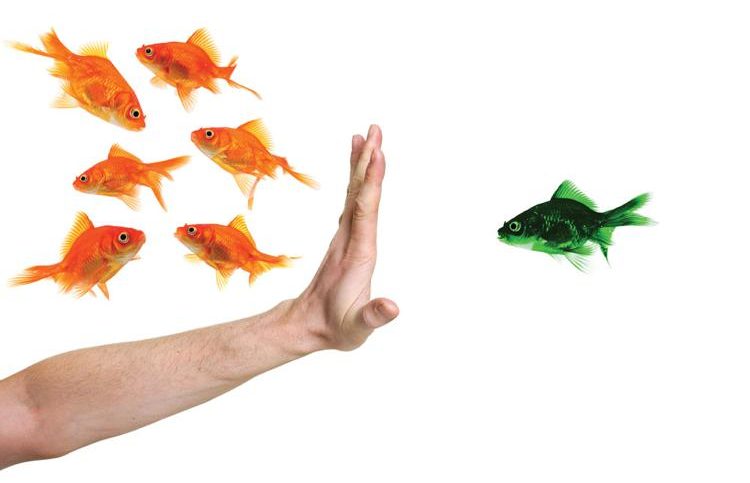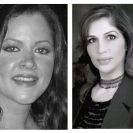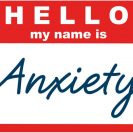There’s a phenomenon in psychology that I find fascinating. It’s called “change blindness” and it is particularly important to police and defense lawyers. In an experiment repeated many times, researchers had people who had witnessed a “crime” (staged for the experiment) identify the perpetrator from a lineup. Immediately after the event, just over 50% of the witnesses chose the correct culprit; the others chose an individual whose physical features and dress were similar to the real culprit.
These same researchers conducted another experiment in a bank – people entering the bank were asked if they would be willing to participate in a research experiment. Those who consented were told to go about their business and before they left the bank, they’d be asked some questions about their experience. Those people who utilized a certain teller had their transaction interrupted by the teller dropping his pen on the floor. When he ducked down to retrieve the pen, a second, hidden person stood up and continued the transaction. Only 18% of the people caught the substitution! Can you imagine? We all like to think of ourselves as observant and ‘tuned in’ to our surroundings, but the reality is we mostly aren’t; consequently, “eye witness” testimony is not considered all that reliable.
There’s another type of blindness that operates in all our lives and impacts our relationships with others. It’s called bias blindness, and it causes us to make assumptions about others. One of the easiest ways to identify this bias is when we experience surprise at someone’s choices. This sense of surprise comes from the hidden bias that what we would have done something different. Sometimes we don’t experience surprise, we experience anger …or a sense of betrayal …or a sense of hurt because we can’t understand how the other person could have done thus-and-so. We would not have done [fill in blank] therefore no one else should do it either. Alternatively, we would have done [fill in blank] so someone else saying ‘No’ or not stepping up is astonishing. Remember – we don’t actually articulate these biases to ourselves. They’re ‘under the radar’ so-to-speak.
This is living on autopilot. ‘Bias blindness’ is the unconscious perception that the way I think, or the way I feel, or the way I believe is the right and proper way. (Obviously, this is not a bad thing – if we didn’t believe we were right or proper, we would be doing something else!) The trouble comes when we unconsciously apply our internal framework to an external world.
Try a little experiment – for today, consciously force yourself not to speculate about someone else’s meaning, motive, or mannerisms. Mindfully choose to stay present in the moment, and only respond to what the other actually says, or actually does. If you try it, I promise you’ll learn something about yourself …and that’s always a good thing.
Dr. Susannah-Joy Schuilenberg is a Canadian psychologist traveling the world on a busman’s holiday. Bossy from birth, compassionate by choice, and funny by accident, Dr. Susannah writes about anything that catches her attention. Visit: www.soorcenter.com or follow her on Twitter: @drsusannah











